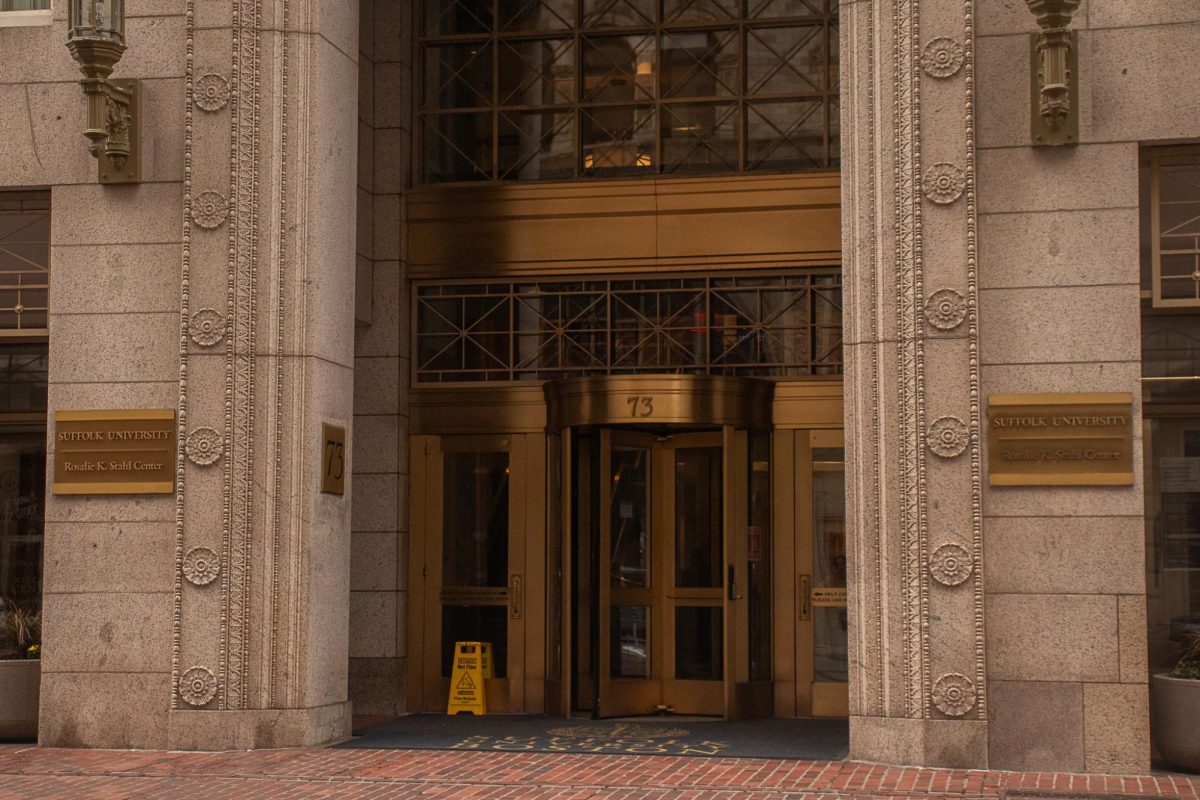For many college students, a tuition bill is much more than numbers on a page, and as rates continue to rise, Suffolk University students have been left worrying about the affordability of their education.
Attending Suffolk for the 2024-2025 school year as a resident on campus will cost $73,002 and $56,642 for commuter students. From 2020 to 2022, students received two years of a steady tuition rate with no annual increase, but that ended when there was a 3.75% increase in price for the 2022-2023 academic year.
The price rose again last year and those attending Suffolk this fall will see that bill go up once more.
College Tuition Compare, a website specialized in tracking university costs, reported a 37.16% increase in price from 2013-2023, a more than $10,000 spike. The College Board states that 67% of Suffolk students currently receive $30,000 or more on average in financial aid every year.
All undergraduate students received an email notifying them of the increase for their following year’s tuition on Jan. 9, when the latest figure of $46,954 was announced.
“We remain mindful of the financial realities that many in our community are facing, and we have kept tuition increases as low as possible,” said Suffolk President Marisa Kelly.
Though Suffolk said that they are doing all they can to keep the prices down, students are feeling the uncertainty of rising costs, and claim there is a lack of transparency when it comes to where the money is going.
“While I don’t think that they are doing all that they can necessarily, I do believe that there is some effort to limit the increase in tuition. My biggest gripe with tuition costs at Suffolk, or any other university for that matter, is the question of where is it all going if we’re still expected to pay for housing, for meal plans, for technology fees, activity fees, you name it,” said Connor Mudge, a senior finance and global business student.
Though Mudge won’t be affected by this price increase, he was impacted by last year’s price change and recognizes the concern others at Suffolk have going forward.
The younger classes at Suffolk are also concerned for their future at Suffolk, as affordability is threatened during their first year out of high school.
“I think there are some accommodations and scholarships given when admitted to Suffolk, however through the grapevine I have heard that Suffolk is raising tuition by $5,000 next year unless you have a specific GPA. I think that is making a huge difference and making financial situations worse for students,” said Julia Frenna, a freshman business economics major.
With the average college student in Massachusetts having at least $34,413 in debt, students say rising tuition is only exacerbating the issue at hand.
“I’m sure in their minds they believe that they are [doing everything they can], but the truth is that the college system itself is built to give debt to students in an economic state where it’s absolutely life-crushing. If they truly were doing everything they can, they could look at what European universities are doing by giving their students little to no debt because tuition practically does not exist there,” said Dora-Liisa Meriste, a freshman studying media and film.
Randy Brown, a transfer from Wentworth Institute of Technology, said Suffolk’s best wasn’t cutting it for students across the financial landscape.
“If they are going to increase it every semester, I guess they aren’t trying their best,” said Brown, a sophomore biochemistry major.
The tuition raises have left many students wondering where the extra funding is being used.
“They just increased tuition for next year and in general it feels like they aren’t putting any of the money from that towards anything that would benefit students,” said Skye Coen, a freshman studying advertising.
Boston is known for its expensive higher education, but Suffolk doesn’t boast the highest tuition in the city. Boston College, Boston University and Northeastern University have higher rates in tuition as of the latest rates.
“Of course Suffolk is one of the cheapest private schools in Boston, but I do believe they could be doing more, or at least put our tuition dollars where we need it most, like maintenance,” said Carson Stiles, a junior film major. “Tuition not including room and board has increased somewhere between $4,000 to $7,000 since I started, but year to year I haven’t seen anything new implemented so I’m confused by the spike in tuition.”






















